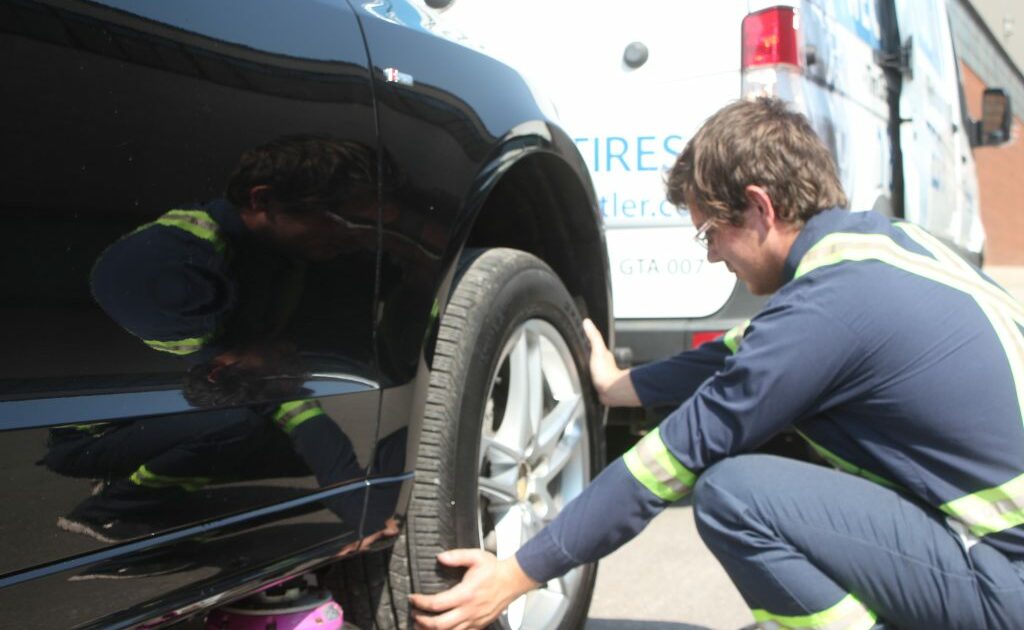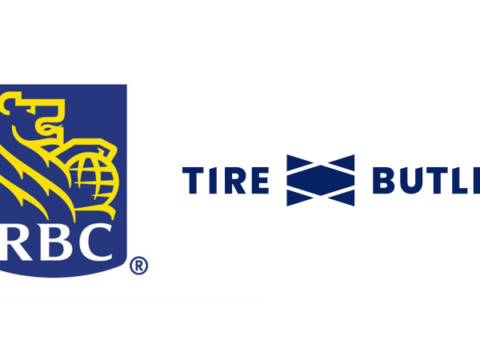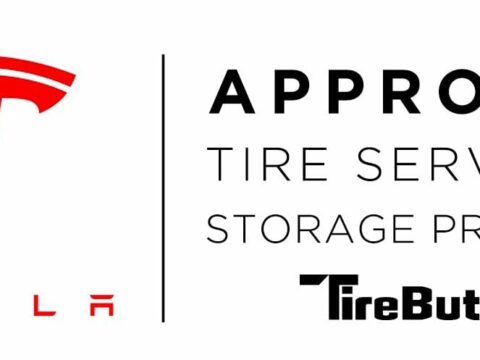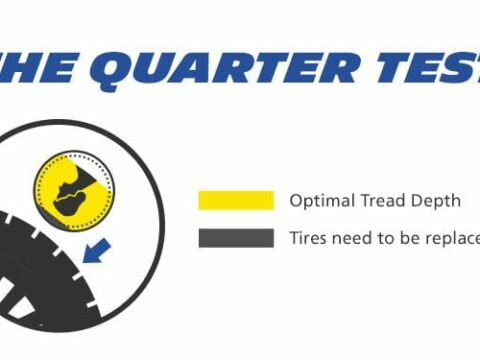There’s no getting around it: tires need to be replaced on a regular basis. But is there a specific time frame for getting new tires? How often do you really need them? That depends on a variety of factors, from the type of car you drive to how you drive it.
Let’s explore the different factors that determine when your tires need to be replaced—and we’ll help you understand what those factors are.
HOW OFTEN SHOULD YOU CHANGE YOUR TIRES
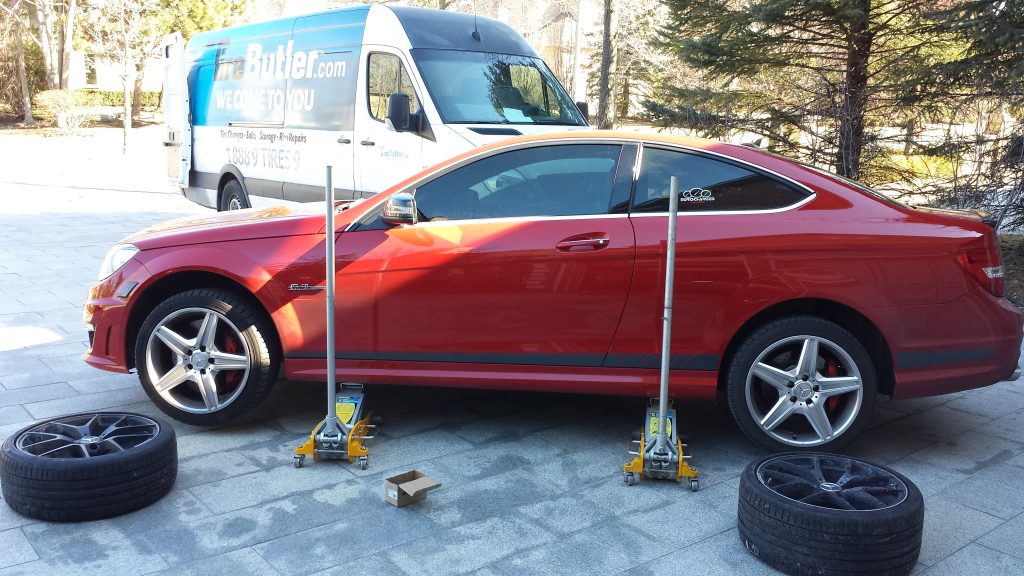
Before we can perform any tire replacement, we have to know first how often we should replace our car’s tires?
The National Highway Traffic Safety Administration (NHTSA) recommended that drivers replace their tires every six years as a general rule. However, various variables might cause increased tire wear and tear, forcing drivers to replace them more regularly. So, how often should you replace your car’s tires? There are numerous factors to consider:
- Tread indicators – Wear indicators are molded into the tread of tires. These wear indicators are bars running regularly across the tire tread. They are 1.6mm tall, which is the legal minimum for tire tread depth. Tires can become dangerous at a certain point, and other countries’ regulators have determined that point to be 1.5mm in tread depth.
- Tire Expiration – keep the manufacture date in mind. Some shops will have tires that have been sitting in storage for years—even if they have never been used, they are old and may be nearing the end of the manufacturer’s efficacy period.
- Tire Performance – Tire performance decreases with age and use. The rubber compounds break down, and the tire loses its elasticity, which can cause it to become more difficult to roll, increase stopping distances, and create a greater chance of hydroplaning.
SIGNS YOU NEED TO REPLACE YOUR TIRES
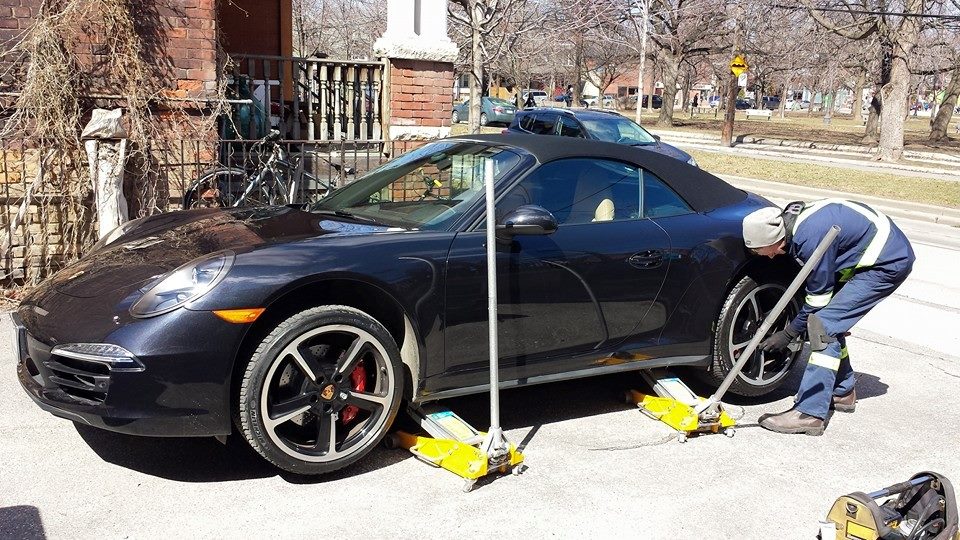
Whether you’re a weekend driver or a daily commuter, it’s important to stay on top of your car maintenance. Unfortunately, one task that often gets overlooked is tire replacement. Depending on your driving habits and the age of your tires, you may need to replace them every few thousand miles or sooner. Here are four signs that it’s time for new tires.
- Bulges on the tires are evident
If you notice any bulges or bubbles on the sidewalls, you should have your tires checked right away. Bulges can cause a tire to blow out.
- Your tires’ side walls are cracked
The sidewalls of your tires, like the treads, wear out over time. Weather and improper alignment can cause the sidewalls to deteriorate. When parking, scraping against curbs can also cause damage to the sidewalls.
- Your car shakes when you drive
When your car shakes at both high and low speeds, it’s most likely due to a problem with your tires. The vibration is caused by slipping metal belts inside. The only solution is to replace it.
- The tire pressure light on your tire comes on
Most newer vehicles have a TPMS (Tire Pressure Monitoring System) that alerts you when your tires are under-inflated. If the light flashes frequently, it may indicate that your tire is worn out.
- The tread wear indicator bars can be seen
The tread wear indicator bars can be seen when you look at the grooves in the tire. If you can’t see them, run your fingers over the tread. If you feel any bumps or ridges, it’s time for a new set of tires. You can also use a tread depth gauge to measure how deep the grooves are on your tires; if they’re less than 1/8 of an inch deep, it’s time for new tires.
- Your car has poor traction
If you have difficulty maneuvering your vehicle on wet or snowy roads, it could indicate that you need new tires. This is because the tread grooves on your tires become shallower as they wear out. The grooves are essential for wicking water away from the treads. That is what provides traction to your vehicle.
WHY DO TIRES NEED TO BE REPLACED?
It is important to note that the age of a tire is not the only indicator of whether it needs to be replaced. Many tires will need to be replaced before age ten due to routine tread wear and other conditions such as punctures, impact damage, improper inflation, overloading, and more. In addition, if a tire is worn out or rendered unusable due to damage or usage conditions, it should be replaced regardless of when it was manufactured or purchased.
Knowing how often to replace tires is about more than just taking care of your vehicle and avoiding costly mistakes. Tires are a vital component of your vehicle’s safety. Tires that are worn or old can cause several issues, including:
- Road grip is compromised as a result of the worn-down tread.
- Blowouts that cause you to become stranded or even crash.
- Stopping and braking effectively are difficult.
Furthermore, uneven wheel alignments and balance issues cause irregular and premature tire wear and cause costly problems for your vehicle, leaving you with a hefty car repair bill in the future. Every year, approximately 11,000 tire-related accidents occur on the road. Tire maintenance is not something that only “car people” do. Every driver on the road should be concerned about their passengers’ and vehicles’ health and safety.
Worn-out tires may also develop bulges and blisters, resulting in weak spots on their surfaces. These can increase the likelihood of a sudden blowout and skid, hydroplaning, or losing control of your vehicle by decreasing the tire’s ability to grip the road. Bulges and blisters, like large cracks, should never be overlooked. Driving on faulty tires endangers you and everyone else on the road, so be a good citizen and keep your tires in good shape at all times.
Replacing your tires regularly can save your life and protect your car from future damage. If you’re still undecided whether you should get tire replacement, our staff is here to help you better understand how often you should replace the tires and why you should do it on your vehicle to ensure peak performance.
But, if you need professional tire replacement services, feel free to schedule a service call at Tire Butler. Visit our website for more service inquiries and updates. Our technicians are always willing to help you with all your tire service needs. Call us!
